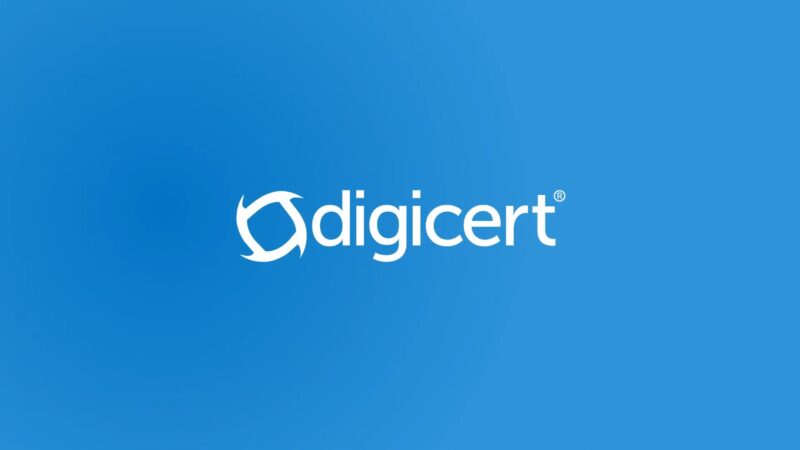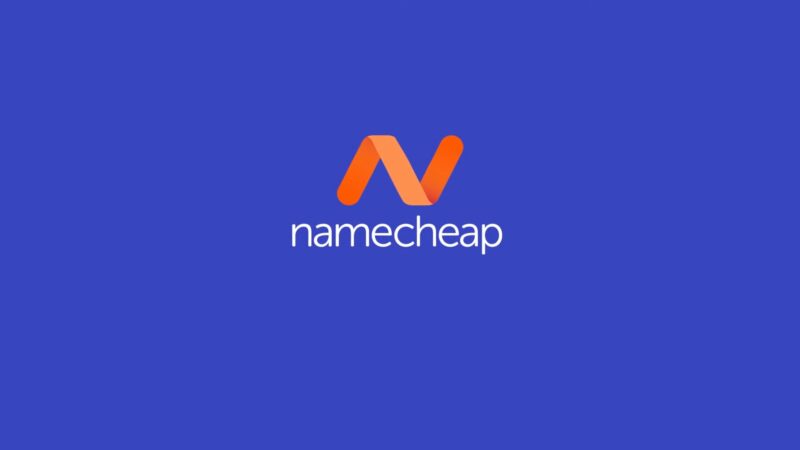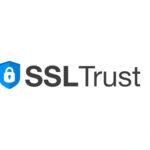OpenSSL has long held a prestigious position as a premier cryptographic library, celebrated for its open-source accessibility and extensive capabilities, including both symmetric and asymmetric encryption. It’s an indispensable tool for safeguarding communications across computer networks.
However, OpenSSL is not without its hurdles. The intricacies of its setup, sporadic security vulnerabilities, and the constant advancement in cryptographic algorithms have propelled some to search for other options.
In this discussion, we’ll delve into the top 10 contenders that stand as alternatives to OpenSSL, illuminating their features and merits, and elucidating how they augment network security with their distinct encryption methodologies.
Top 10 OpenSSL Alternatives
We have selected the best 10 alternatives to OpenSSL.
1. Letsencrypt
A beacon of hope for those who champion open-source solutions, Letsencrypt offers:
- Free and Open-Source: No hidden costs.
- Automated Certificate Issuance: Streamlining the process.
- Broad Compatibility: Works seamlessly with most web browsers and operating systems.
- User-Friendly: Designed for ease of use.
- Stellar Security Record: A testament to its reliability.
2. AWS Certificate Manager (ACM)

Amazon’s foray into the world of SSL certificates brings:
- Diverse Certificate Types: Catering to varied needs.
- User-Friendly Interface: Simplifying the complex.
- Cost-Effective: Quality doesn’t always come at a premium.
- Robust Security: Amazon’s seal of trust.
3. DigiCert CertCentral

A commercial solution that doesn’t skimp on quality:
- Wide Certificate Range: Flexibility at its best.
- Ease of Use: Complexity, simplified.
- Premium Service: Sometimes, you get what you pay for.
4. GeoTrust SSL
Another commercial heavyweight with a lot to offer:
- Diverse Certificate Options: Tailored to your needs.
- User-Centric Design: Making life easier for the end-user.
- Top-Notch Security: A reputation built over the years.
5. IONOS 1&1 Domains and Hosting

More than just a hosting provider:
- SSL Certificates: Adding another layer of trust to your domains.
- Versatile Certificate Types: Choices galore.
- User-Friendly: No steep learning curve here.
6. DigiCert Enterprise PKI Manager
For those who prefer in-house solutions:
- On-Premises Management: Total control in your hands.
- High Security: Peace of mind, guaranteed.
- Technical Expertise Required: A small price for unparalleled control.
7. GoDaddy SSL Certificates
The domain giant extends its expertise to SSL:
- Wide Certificate Range: Options for every need.
- User-Friendly: Simplifying the complex.
- Reliable Security: Years of trust, distilled into their SSL offerings.
8. SSL.com

A name that speaks for itself:
- Commercial Excellence: Quality at every step.
- Diverse Certificate Options: Tailored solutions.
- User-Centric Design: Making SSL easy.
9. AppViewX CERT+
Cloud solutions for the modern age:
- Cloud-Based Management: Access from anywhere.
- Diverse Certificate Types: Catering to the modern web.
- Ease of Use: Complexity, redefined.
10. Namecheap SSL Certificates

Affordable doesn’t mean compromise:
- Cost-Effective SSL: Security for every budget.
- Broad Certificate Range: Options for every need.
- User-Friendly: SSL, simplified.
When it comes to selecting an OpenSSL alternative, it’s not a one-size-fits-all scenario. Several factors come into play, ensuring that the chosen solution aligns with your specific needs and operational requirements.
Cost
While some OpenSSL alternatives come free of charge, others might require a financial investment. It’s essential to evaluate the budgetary constraints and the value proposition of the chosen solution. Remember, the most expensive option isn’t always the best, and sometimes free solutions can offer robust features.
Ease of Use
The user-friendliness of a solution can significantly impact its adoption rate. An intuitive interface and straightforward processes can reduce the learning curve, ensuring that users can leverage the tool’s capabilities without unnecessary complications.
Security
Security should be a top priority. While all OpenSSL alternatives claim to be secure, some have a more solid track record than others.
It’s crucial to delve into the solution’s history, understand its vulnerability management processes, and assess its overall security posture.
Features
Different OpenSSL alternatives come with varying features. Depending on your requirements, you might prioritize certain functionalities over others.
It’s essential to have a clear understanding of your needs and ensure that the chosen solution aligns with them.
Support
A robust support system can make all the difference, especially when facing challenges or technical issues. Some OpenSSL alternatives might offer extensive documentation, community support, or even dedicated customer service teams.
Evaluate the kind of support you might need and ensure your chosen solution provides it.
Benefits of Using an OpenSSL Alternative
Opting for an OpenSSL alternative can offer several advantages:
Enhanced Security
Some alternatives boast superior security features compared to OpenSSL, ensuring that communications remain even more secure.
User-Friendliness
Certain OpenSSL alternatives have been designed with user experience in mind, making them more intuitive and easier to navigate.
Rich Feature Set
Some alternatives come packed with additional features not present in OpenSSL, providing more comprehensive solutions.
Superior Support
Certain alternatives might offer better support systems, be it through extensive documentation, active community forums, or dedicated customer service teams.
Drawbacks of Using an OpenSSL Alternative
While there are numerous benefits, there are also potential drawbacks to consider:
Cost Implications
Some alternatives might come with hefty price tags, especially when considering enterprise-level solutions.
Learning Curve
Transitioning to a new system always comes with challenges. Some alternatives might have a steeper learning curve, requiring more time and resources for effective adoption.
Potential Lack of Support
Not all alternatives offer robust support systems. It’s essential to ensure that the chosen solution provides the necessary resources and assistance when needed.
Choosing the Right OpenSSL Alternative
The ideal OpenSSL alternative will vary based on individual needs. It’s crucial to assess your specific requirements, weigh the pros and cons of each option, and make an informed decision. Remember to consider the factors mentioned above and prioritize based on your operational needs.
Installation Process
The installation procedure will differ based on the chosen OpenSSL alternative. However, most solutions come with detailed installation guides or wizards to streamline the process.
Configuration Tips
Configuring your chosen OpenSSL alternative will also vary based on the specific solution. Most alternatives offer comprehensive documentation detailing the configuration process, ensuring that users can tailor the solution to their needs.
Maintenance Insights
Regular maintenance is crucial to ensure that your OpenSSL alternative remains up-to-date and secure. Depending on the chosen solution, this might involve regular updates, patch installations, or even periodic system checks. It’s essential to stay proactive, ensuring that the solution remains robust and effective in the long run.
FAQ
What are the security benefits of using an alternative?
Some OpenSSL alternatives offer better security than OpenSSL itself. This is because they may use newer cryptographic algorithms, have a more secure design, or be better maintained.
Let’s Encrypt uses the latest cryptographic algorithms and has a very good security track record.
Does an alternative provide advantages in terms of ease of use?
Some OpenSSL alternatives are more user-friendly compared to OpenSSL due to factors such as a more intuitive interface, improved documentation, or additional automated features. One such example is AWS Certificate Manager (ACM), which simplifies the process of requesting and managing SSL certificates.
What are the feature benefits of using an alternative?
This may include features such as support for multiple cryptographic algorithms, support for multiple certificate types, or support for more advanced features such as certificate revocation. For example, DigiCert CertCentral offers a wide range of features for managing SSL certificates.
What advantages does using an alternative to OpenSSL offer in terms of support?
Some possible features that might be included are round-the-clock support, multilingual support, or the ability to customize configurations. DigiCert, for instance, provides 24/7 support for its SSL certificates.
Last Words
Choosing the right SSL solution is crucial in today’s digital age. While OpenSSL has served us well, the evolving needs of the modern web require us to stay updated with the best tools at our disposal.
Whether you prioritize cost, ease of use, or the breadth of features, there’s an OpenSSL alternative out there for you. Remember, the digital landscape is ever-changing, and staying ahead requires not just awareness but action.
Secure your network, and by extension, your peace of mind.






